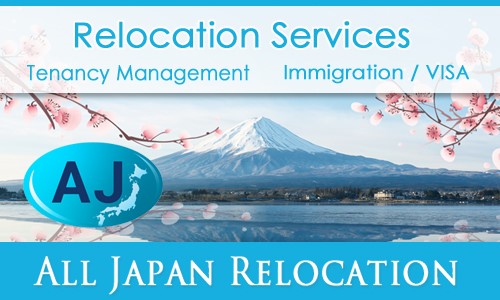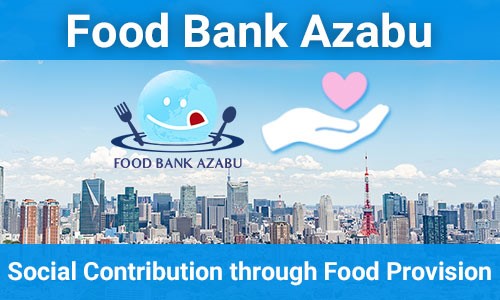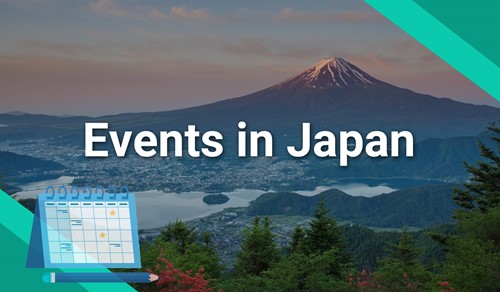Yearly Activities and Events in Japanese Public Schools
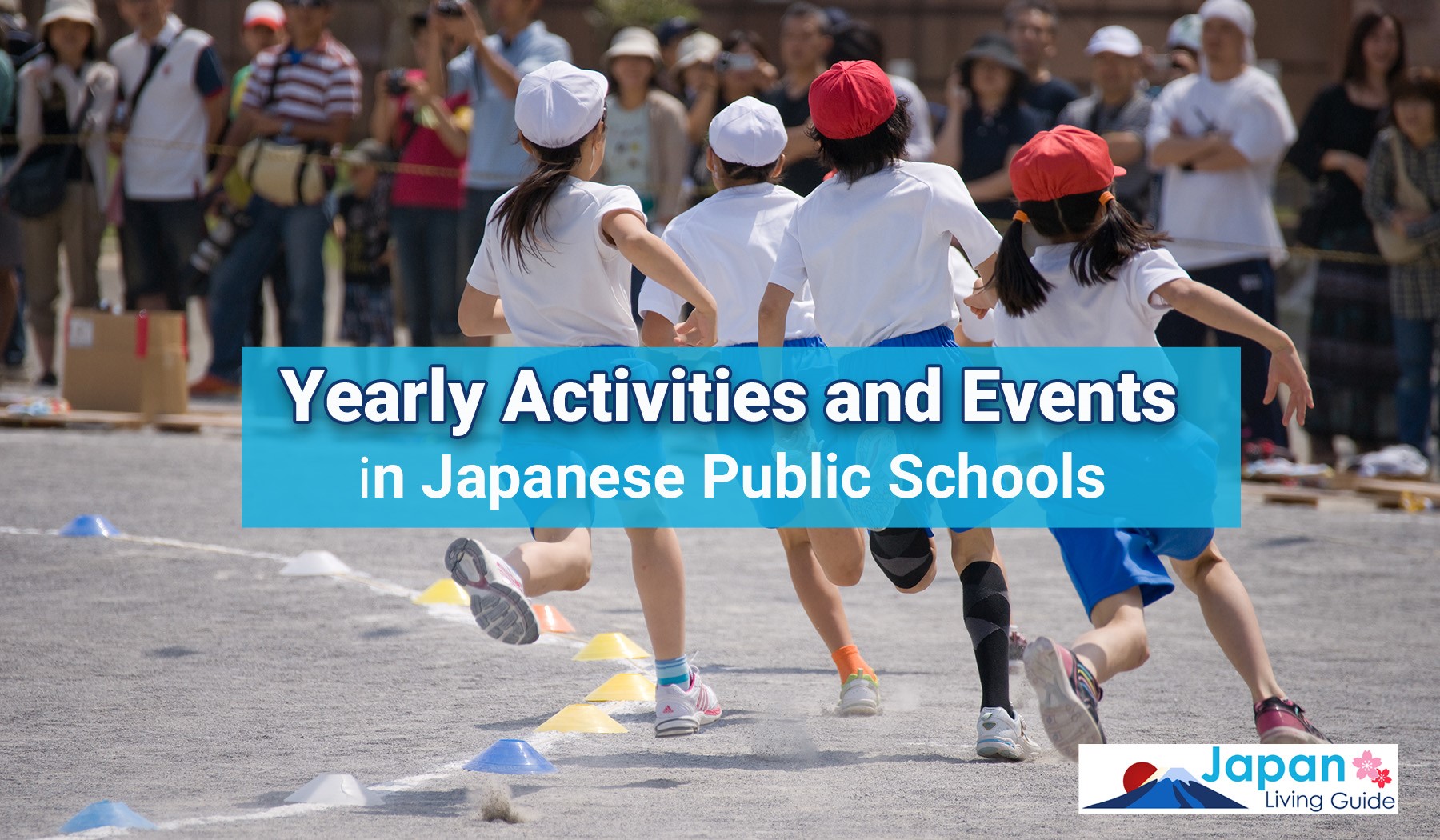
In Japanese public elementary schools and junior high schools, there are many activities, for example an entrance ceremony, sports day, class observation day, teacher's home visit and so on. In this article you will learn about Japanese school year and main activities.
Japanese School Year
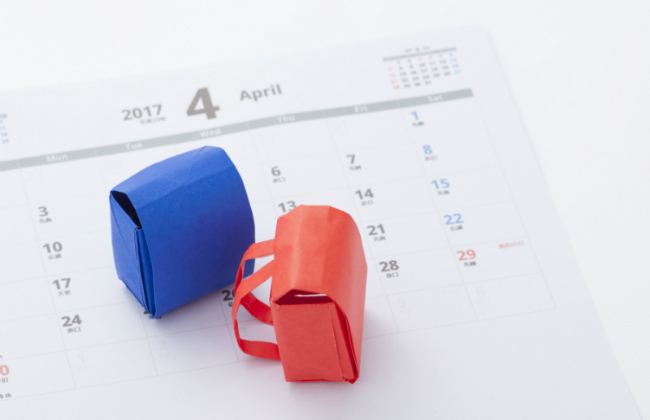
Japanese school year starts in the beginning of April and ends in the end of March of the following year. A school year is divided into 3 terms (some schools have only 2 terms). Below is a calendar of a school which runs 3 terms. International schools in Japan follow the system of each country.
| April - July | 1st Term |
| The end of July to the end of August | Summer holiday (Natsu yasumi) For about 30 - 40 days (depending on the area). School children / students are obliged to do a lot of home work during summer vacation. For more about the summer vacation homework, please refer to the column in the end of this article. |
| September – December | 2nd Term |
| The end of December to the beginning of January | Winter holiday (Fuyu yasumi) For about 2 weeks. |
| January – March | 3rd Term |
| The end of March to the beginning of April | Spring holiday (Haru yasumi) For about 2 weeks. After this spring holiday, a new school year begins. |
What kind of school activities do Japanese school children take part?
These are major activities in Japanese elementary schools and junior high schools however, not all schools do them all and depending on the school, the school calendar could be different.
April - July (1st Term)
|
|
|
Opening Ceremony (Shigyô shiki) This is a ceremony which is held in the beginning of each term. It’s organized in September and January as well. |
|
|
|
Entrance Ceremony (Nyûgaku shiki) This is a ceremony to celebrate the entrance of the 1st grade elementary school children and junior high school students. Their parents or guardians of the 1st grade students normally attend the ceremony. |
|
|
|
School Trips (Shûgaku ryokô) This trip is normally for the highest grade children and students. They make a trip for a few days. |
|
|
|
School Excursions and Studying Outdoors (Ensoku/Kougai gakushû) Students go on a day trip to experience outside activities or to learn certain subjects. |
|
|
|
Class Observation / Parents’ day (Jugyou sankan/ Koukai jugyou) Parents or guardians visit their children’s / student’s class to see how they are doing in the class. |
|
|
|
End of the Term Ceremony (Shûgyô shiki) This is a ceremony held in the end of each term. It’s organized in December as well. |
September - December (2nd Term)
|
|
Opening Ceremony (Shigyô shiki) |
|
|
|
|
Sports Day (Undou kai / Taiiku sai) This is a sports event for children and students. Parents or guardians also go to school to support their children. |
|
|
Music and Play Appreciations (Ongaku / Engeki kanshôkai) These events are held for children / students to enrich their cultural spirit. |
|
|
|
|
Student Performance and Cultural Festival (Gakugeikai, Bunkasai) In most schools this event is held. It’s an open day event and children/students show their artistic achievements such as a play, musical instruments, performances etc. |
|
|
|
End of the Term Ceremony (Shûgyô shiki) |
January - March (3rd Term)
|
|
Opening Ceremony (Shigyô shiki) |
|
|
|
|
Graduation Ceremony (Sotsugyô shiki) This is an event to celebrate the graduation of children/students. Parents and guardians can join as well. |
|
|
|
End of the Term Ceremony (Shûryô shiki) This is a ceremony held in the end of the grade(year). |
Other school activities:
|
|
Regular Health Check (Teiki kenkou shindan) Examinations done by School Examinations done by a School Doctor |
|
|
|
Teacher's Home Visit (Katei houmon) The class teacher visits their children’s / students’ home and talk with their parents/guardians about the child’s behavior and life at school and home. Not all schools have this visit. |
|
|
|
Parents-Teacher Meeting (Gakkyuu kondan kai / Hogosha kai) The teacher and parents or guardians discuss about teaching policy and common issues in the class. Parents or guardians can give their opinions and requests to the teacher and school. This meeting is for all children / students as a group. This is a ceremony held in the end of each term. It’s organized in December as well. |
|
|
|
Individual Interview (Kojin mendan) Normally this interview takes place between a teacher and either a child/student or a parent/guardian. It can be all together (a teacher, student and parent). During this interview they can discuss about personal concerns and problems. |
Summer holiday homework for Japanese children / students
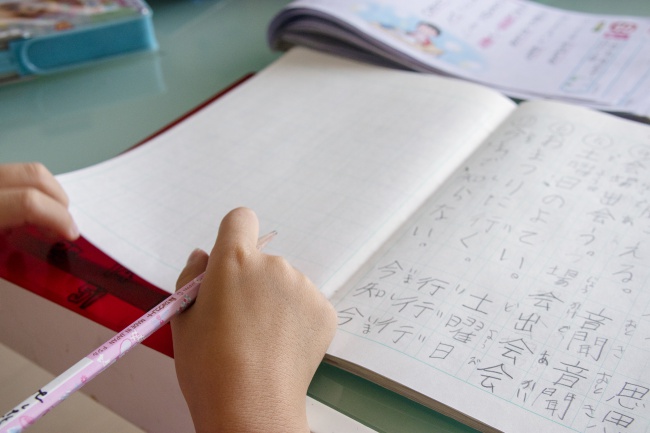
In Japan, summer vacation for students is for about 30-40 days however, children / students have an obligation to finish a lot of homework.
For example, math and kanji (Chinese character) drills, a book report, keeping a journal during the entire summer vacation, a painting, practicing some musical instruments like melodica, an observation report (normally plants), an independent research and so on. Some students go to a summer cram school (known as “juku” or "Kaki-koshu").
Children / students have to submit all of them on the first day of the 2nd term.
You may also be interested in:
* List of International Schools in Japan
* Japanese education system and which school is the best for your child
* Primary - Elementary School System in Japan
* Enrolling in a Japanese public school and materials you need to prepare
* What You Should Know about Japanese Public School Customs

- International Schools in Japan
- A list of international schools (kindergartens to high schools) with English, French, or German as the main language of instruction, organized by prefecture.















